
Lone Worker Safety in Health and Social Care
Popular Lone Worker Safety Device for Health and Social Care Professionals
It's a personal safety device combined with an ID badge which means it's very convenient and discreet to activate. It's one of several lone worker protection solutions we offer for those in community care, hospitals, and home-care settings.
Explore the safety features trusted by health and social care professionals — from GPS tracking and fall detection to discreet panic alarms — supporting lone workers in community settings, care homes, and hospitals.
Keeping Health & Social Care Workers Safe: Lone Worker Solutions in Action

“Being able to just push a button and know that somebody can listen in, locate me and then send help does make me feel a lot safer.”
Read the case study
"Our aim is to ensure our staff get home safe. The SoloProtect device helps us do that."
Read the case studyHow can organisations ensure lone worker safety for healthcare and social care professionals in homes and communities?
To ensure the safety of healthcare and social care workers in the field, organisations should consider providing them with lone worker safety devices. These devices, equipped with a Red Alert panic button, allow workers to discreetly call for help in emergencies, whether they are providing in-home care or community services. When activated, the device connects to the Monitoring Centre where trained operators can assess the situation and dispatch appropriate support, such as emergency services or the worker's supervisor.
What benefits do lone worker safety devices offer to healthcare and social care organisations, including those providing in-home care and community services?
Lone worker safety devices offer several benefits to healthcare and social care organisations, regardless of whether they provide in-home care or community services. They provide peace of mind for workers, enhancing their confidence and security while on duty in various settings. These devices also contribute to a culture of safety within the organisation, demonstrating a commitment to employee wellbeing. This can lead to improved quality of care, reduced absenteeism, and higher employee retention rates.
Why are healthcare and social care workers, including those providing in-home care, considered high-risk workers?
Healthcare and social care workers, including those providing in-home care, are considered high-risk workers due to the nature of their work environments. They often work alone in patients' homes, caring for individuals with complex needs, some of whom may exhibit confusion or aggression. This vulnerability exposes them to risks such as verbal abuse, physical assault, robbery (sometimes for prescription drugs), and sexual assault.
How can lone worker safety technology support compliance with health and safety regulations in social care?
Lone worker safety technology helps health and social care organisations meet legal obligations under workplace safety regulations, such as the Health and Safety at Work Act. By equipping staff with certified lone worker devices and apps, employers can demonstrate a proactive approach to risk assessment, incident response, and duty of care. Features like real-time GPS tracking, incident reporting, and 24/7 monitoring provide auditable data that supports compliance and reduces liability in the event of workplace incidents.
Our Resources
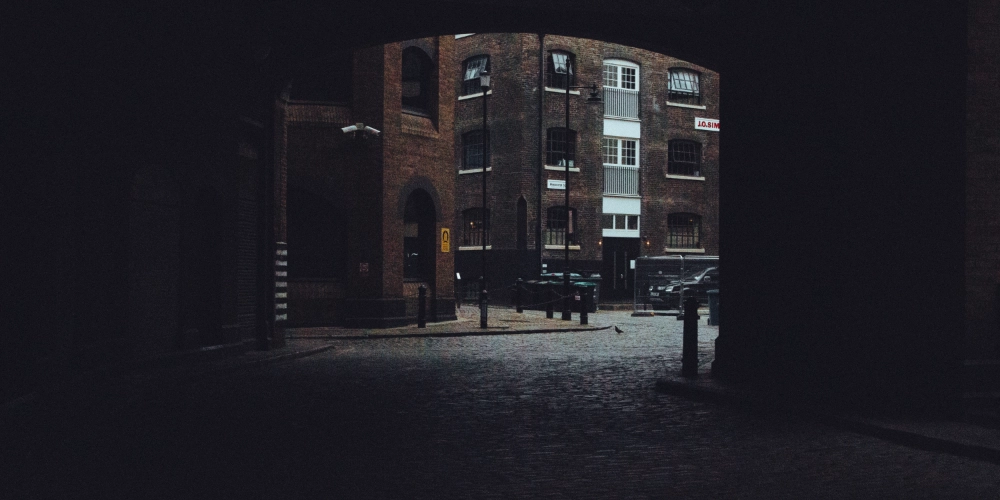
.webp)
.webp)

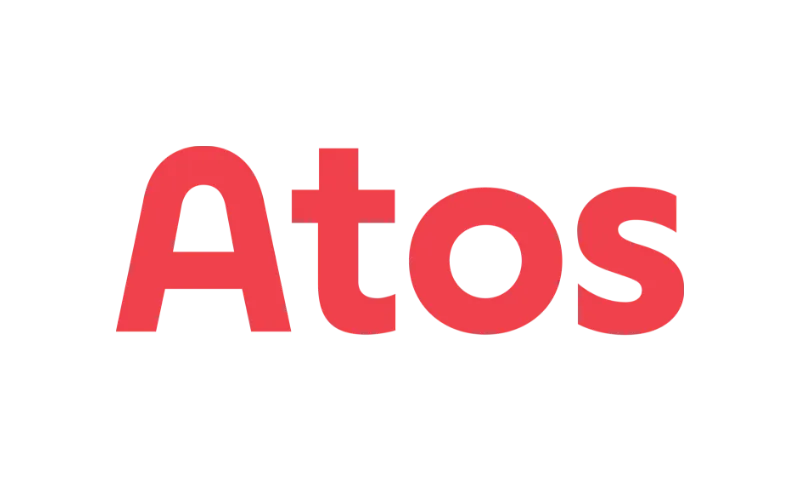
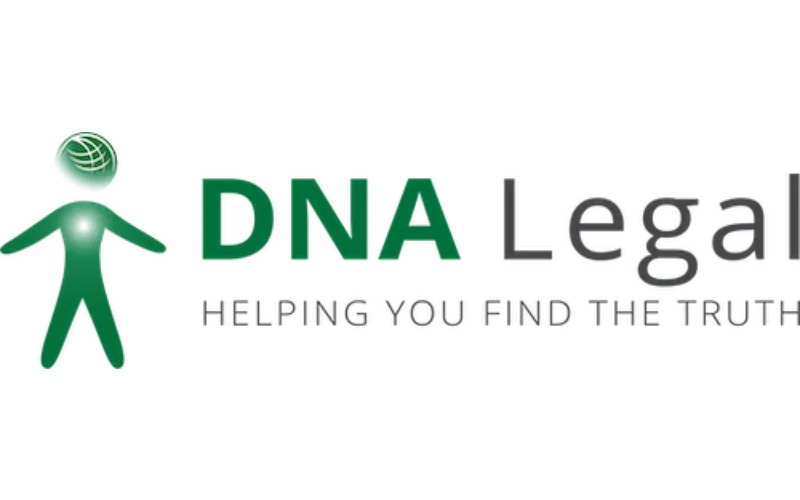
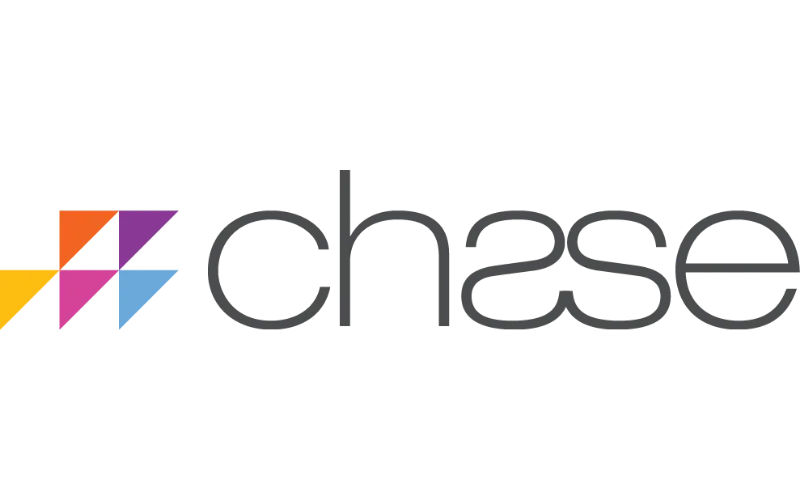
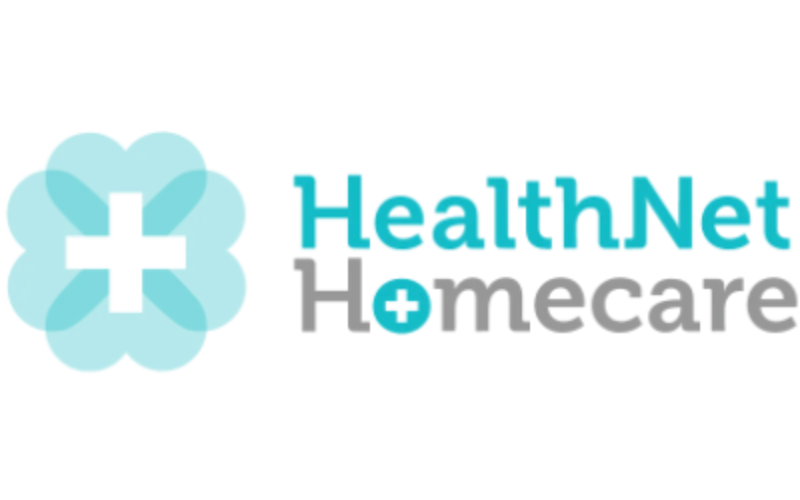
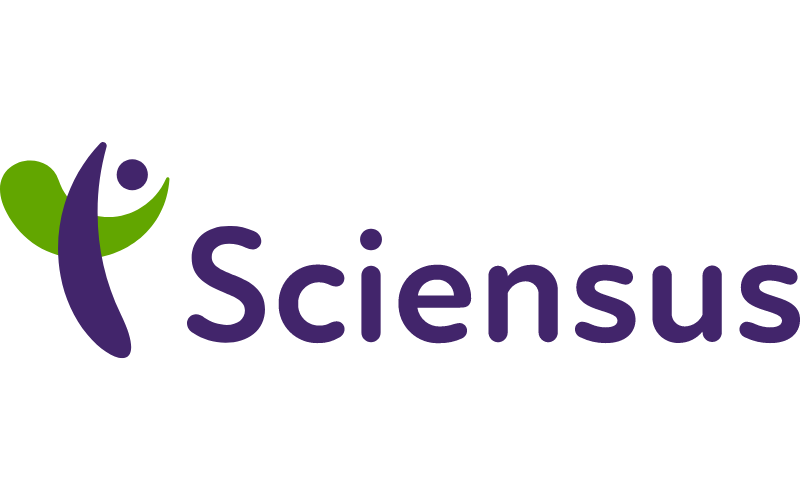
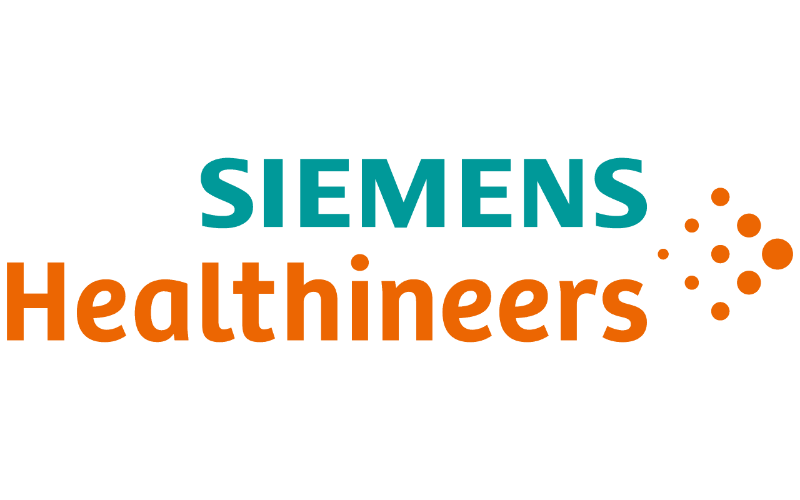







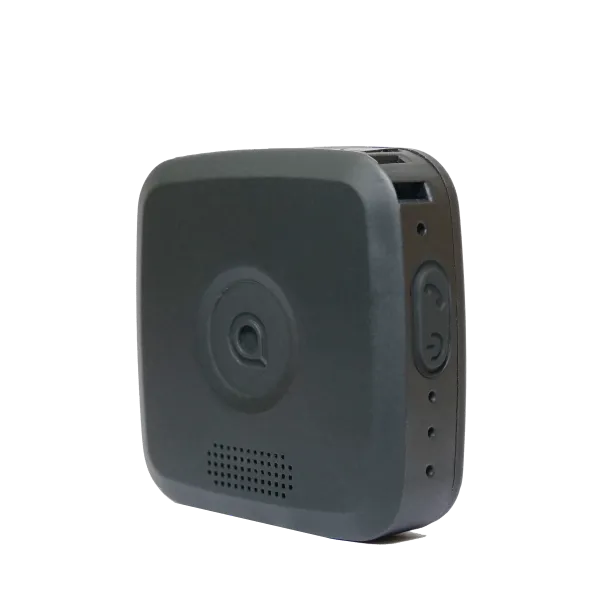
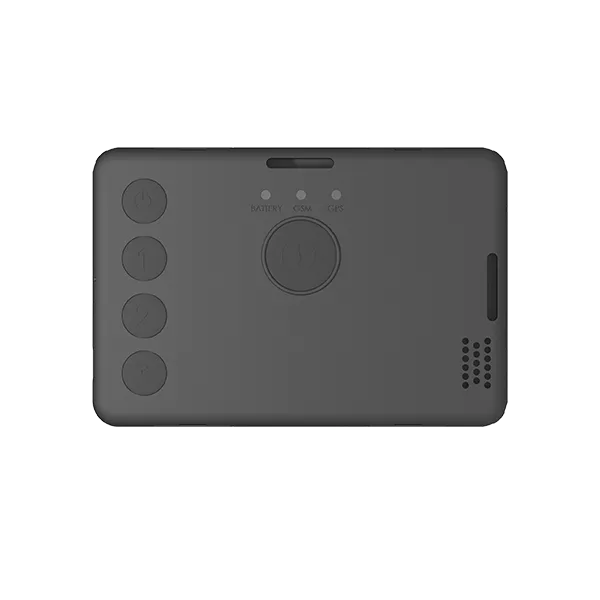
.svg)
.svg)

.svg)
.svg)
.svg)
.svg)
.svg)




